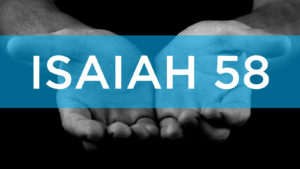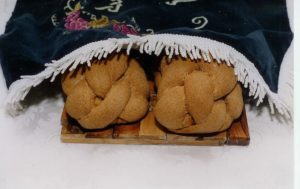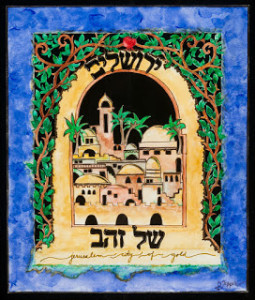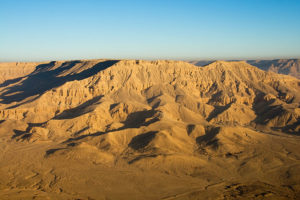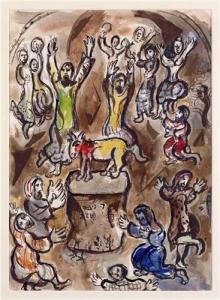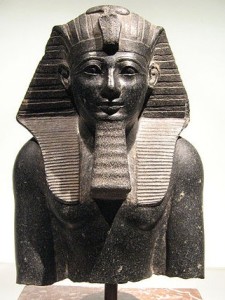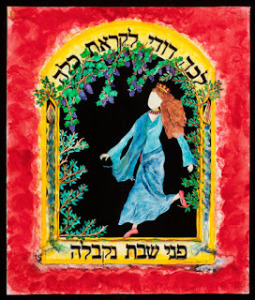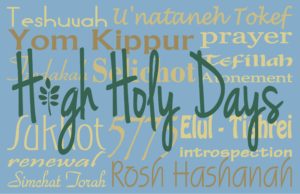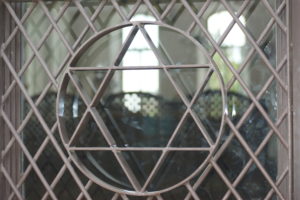 A new prayer for 5776. A leader of one of my synagogues in Israel asked me to write a community prayer. The request comes at a time when we face difficult challenges and losses. Here are two versions, short and long, posted for Kehillat Yedidya. Both adaptable for use by any congregation. Use the blank line to add the name of your synagogue. Word choices are separated with a slash (“/”).
A new prayer for 5776. A leader of one of my synagogues in Israel asked me to write a community prayer. The request comes at a time when we face difficult challenges and losses. Here are two versions, short and long, posted for Kehillat Yedidya. Both adaptable for use by any congregation. Use the blank line to add the name of your synagogue. Word choices are separated with a slash (“/”).
Congregational Prayer at the High Holidays (Short Version)
G-d of Old,
Bless our holy congregation,
Kehillat Yedidya [use your synagogue’s name _______________ ],
During these days of awe and forgiveness.
We are Your servants,
Lovers of Torah,
Beautiful in our imperfection,
Doing Your will when joy surrounds us,
Doing Your will, even yet, when our hearts are broken.
G-d whose name is Mercy,
Our lives are in Your hands.
You number our days.
Grant our [synagogue/shul/kehilla/temple]
Steadfast compassion and enduring devotion.
Let us celebrate together with fullness of heart.
Let us mourn together under a tent of comfort and care.
Let us serve you from generation to generation,
A light of Your Holy Word.
© 2015 Alden Solovy and tobendlight.com. All rights reserved.
Congregational Prayer at the High Holidays (Full Version)
G-d of Old,
Bless our holy congregation,
Kehillat Yedidya [use your synagogue’s name _______________ ],
During these days of awe,
These days of judgment,
These days of forgiveness.
We are Your servants,
Men, women and children,
Old and young,
Lovers of Torah,
The strong and the infirm,
Teachers and students,
Lovers of Your way,
Beautiful in our imperfection,
Doing Your will when joy surrounds us,
Doing Your will, even yet, when our hearts are broken.
G-d whose name is Mercy,
G-d whose name is Truth,
Our lives are in Your hands.
Our time is fleeting.
You number our days.
Grant our [synagogue/shul/kehilla/temple] steadfast compassion,
Enduring devotion,
Strength, wisdom and kindness.
Let us celebrate together with fullness of heart.
Let us mourn together under a tent of comfort and care.
Let us serve you from generation to generation,
A light of hope,
A light of love,
A light of Your Holy Word.
© 2015 Alden Solovy and tobendlight.com. All rights reserved.
Postscript: Wishing all of my friends around the world — and all of the wonderful synagogues I attend in Israel and the U.S. — a joyous and healthy year. Here’s a link to an annotated list of all of my High Holiday prayers.
Tweetable! Click here to tweet this: “Bless our holy congregation during these days of awe…” A new High Holiday prayer by @ToBendLight https://tobendlight.com/?p=13529
Please consider making a contribution to support this site and my writing. For usage guidelines and reprint permissions, see “Share the Prayer!” For notices of new prayers, please subscribe. You can also connect on Facebook and Twitter.
Photo Source: Alden Solovy

